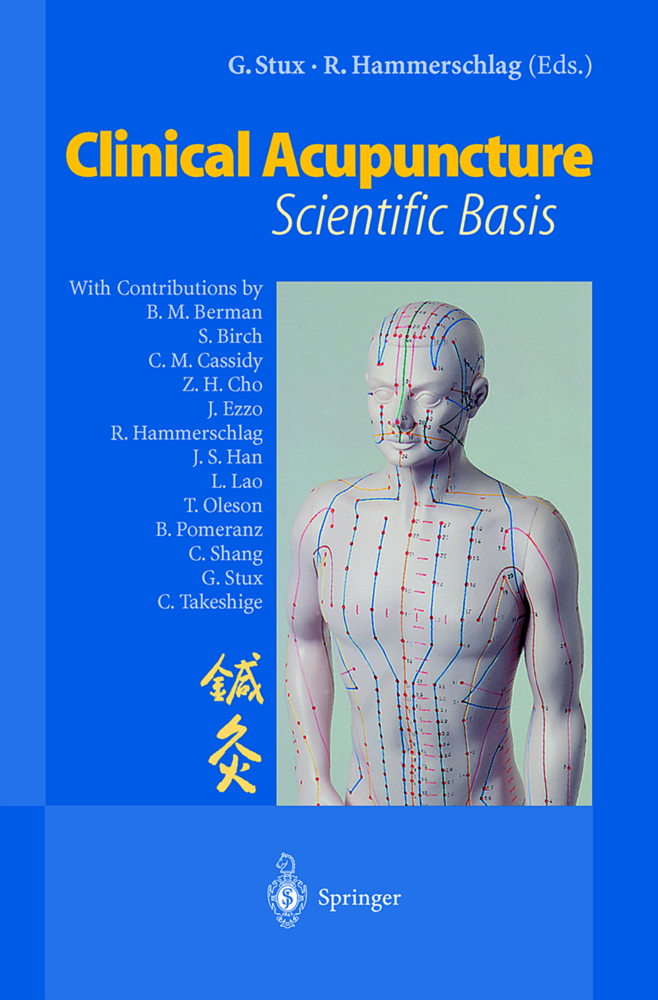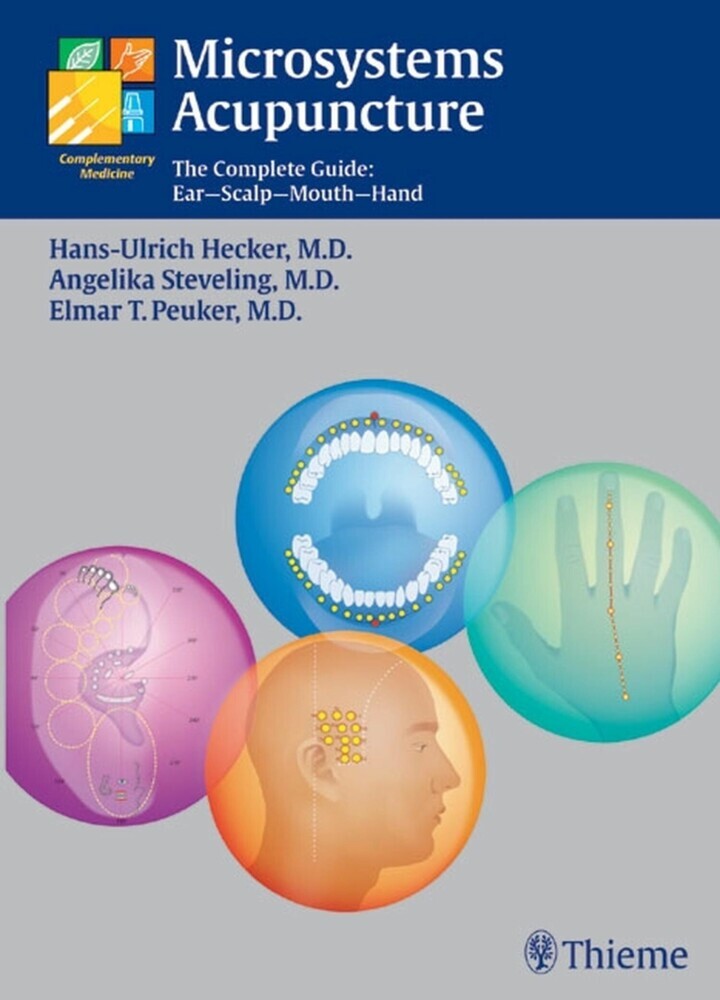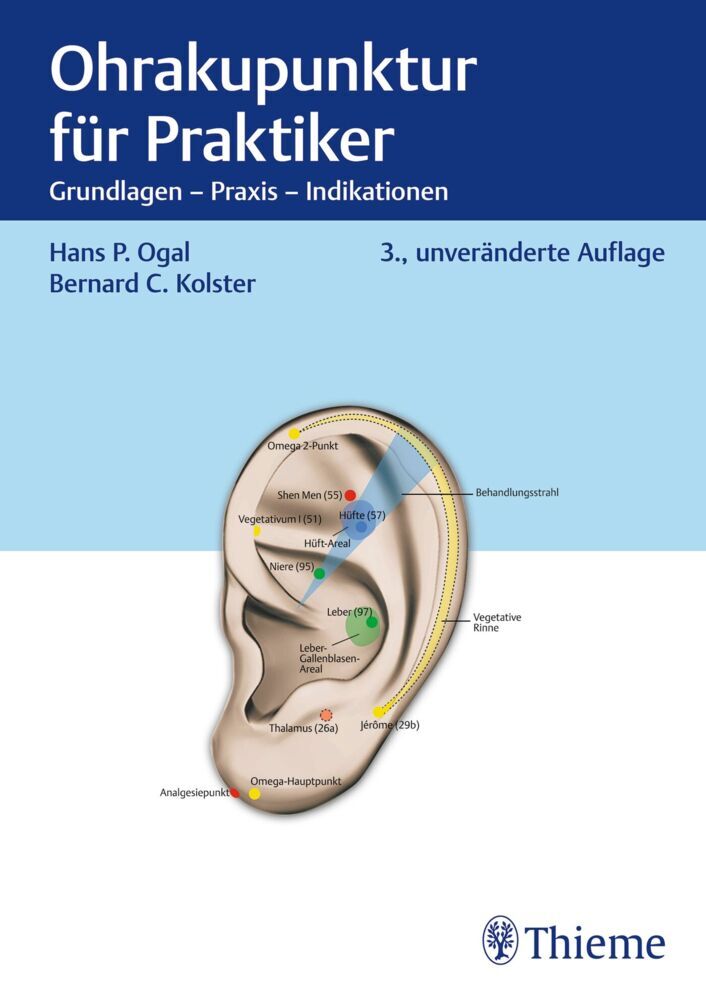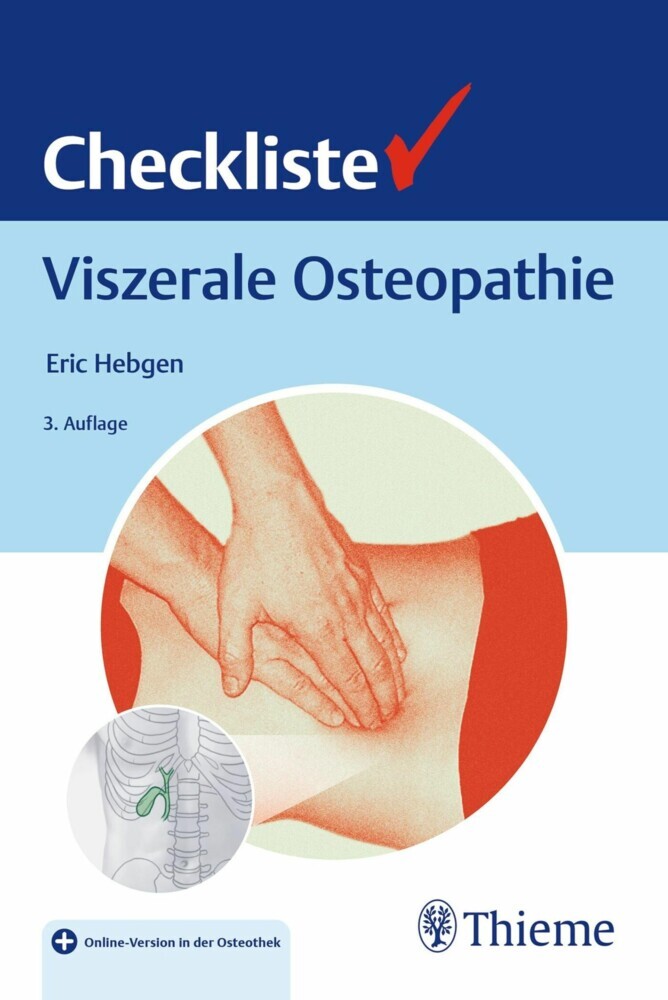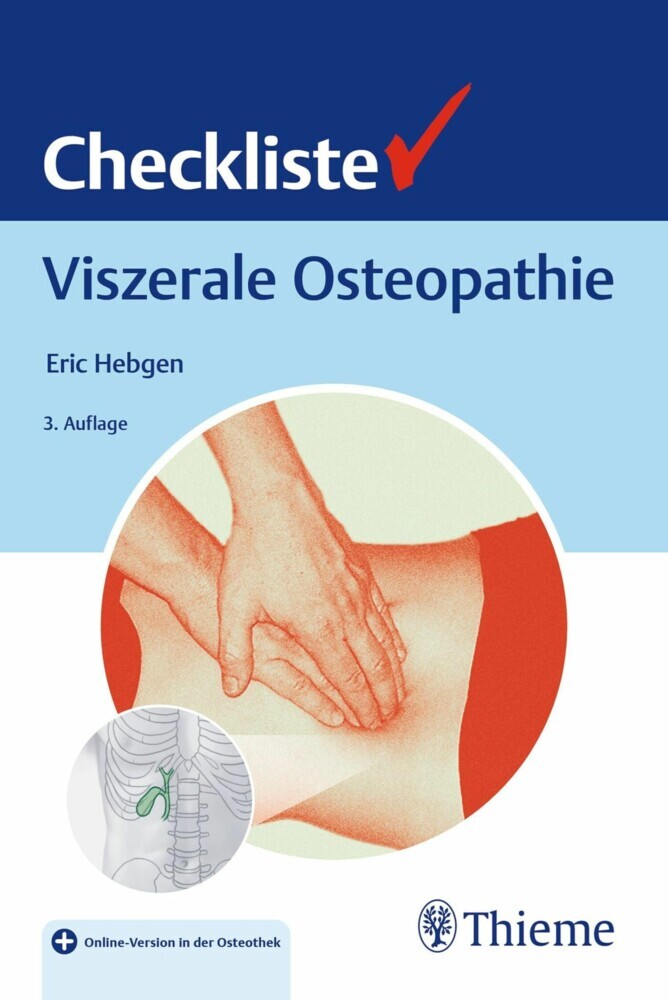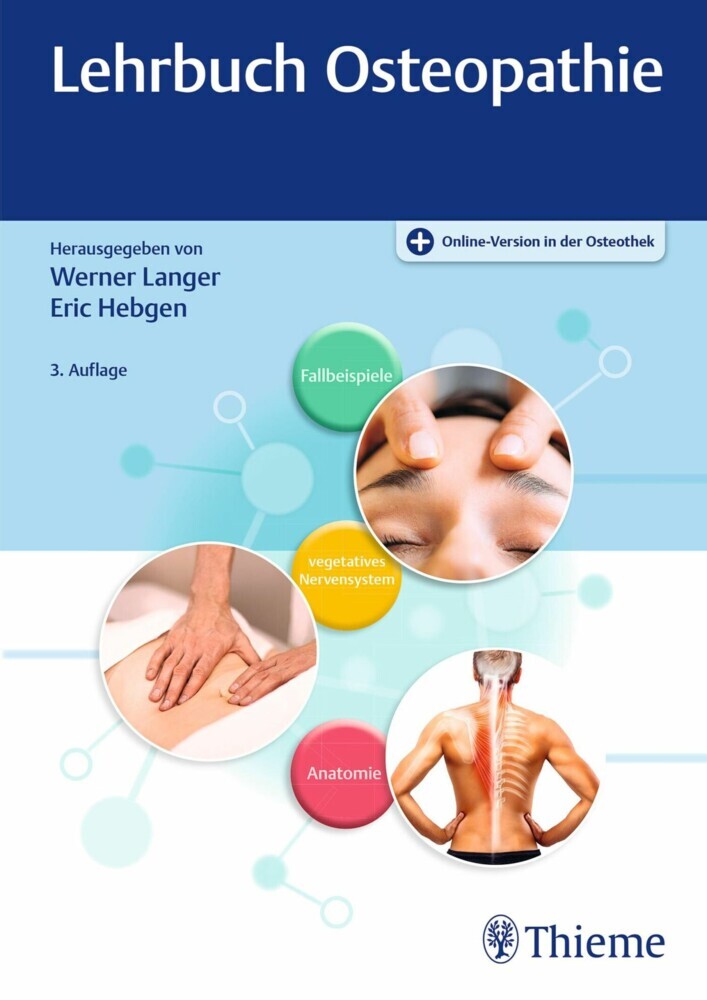Clinical Acupuncture
Scientific Basis
Clinical Acupuncture
Scientific Basis
In 1988, when "Scientific Bases of Acupuncture" was published, its edi tors noted that 12 years had passed since the acupuncture endorphin hypothesis was first postulated, an event that marked the start of serious basic research on acupuncture. The editors also suggested that more was known about the mechanisms of acupuncture analgesia than many pro cedures of conventional medicine and, in consequence, it was time to stop referring to acupuncture as an "experimental procedure. " Now another 12 years have passed. Acupuncture research, both basic and clinical, has greatly expanded. Modern biomedical techniques, including those of molecular biology and medical imaging, have revealed increasingly detailed physiological correlates of acupuncture action. Clinical researchers from Europe, North America, and Asia have devised a variety of protocols to test acupuncture efficacy according to generally accepted standards for randomized controlled trials. A critical review of acupuncture research by the United States Food and Drug Administra tion resulted in the label "experimental" being legally removed from the packaging of acupuncture needles in 1996, just as the editors of "Scien tific Bases of Acupuncture" had proposed. A year later, again in large part a result of increased and improved acupuncture research, a consen sus conference on acupuncture convened by the U. S. National Institutes of Health concluded its panel report with the endorsement " . . . there is sufficient evidence of acupuncture's value to expand its use into conven tional medicine and to encourage further studies of its physiology and clinical value" (JAMA 280:1518-24).
3 Opioid and Antiopioid Peptides: A Model of Yin-Yang Balance in Acupuncture Mechanisms of Pain Modulation
4 The Past, Present, and Future of Meridian System Research
5 Functional Magnetic Resonance Imaging of the Brain in the Investigation of Acupuncture
6 Neurophysiological Basis of Auricular Acupuncture
7 Assessing Clinical Efficacy of Acupuncture: What Has Been Learned from Systematic Reviews of Acupuncture?
8 An Overview of Acupuncture in the Treatment of Stroke, Addiction, and Other Health Problems
9 Beyond Numbers: Qualitative Research Methods for Oriental Medicine
10 Proposed Standards of Acupuncture Treatment for Clinical Studies
11 Assessing Clinical Efficacy of Acupuncture: Considerations for Designing Future Acupuncture Trials
12 Future Directions for Research on the Physiology of Acupuncture.
1 Acupuncture Analgesia - Basic Research
2 Mechanisms of Acupuncture Analgesia Produced by-Low Frequency Electrical Stimulation of Acupuncture Points3 Opioid and Antiopioid Peptides: A Model of Yin-Yang Balance in Acupuncture Mechanisms of Pain Modulation
4 The Past, Present, and Future of Meridian System Research
5 Functional Magnetic Resonance Imaging of the Brain in the Investigation of Acupuncture
6 Neurophysiological Basis of Auricular Acupuncture
7 Assessing Clinical Efficacy of Acupuncture: What Has Been Learned from Systematic Reviews of Acupuncture?
8 An Overview of Acupuncture in the Treatment of Stroke, Addiction, and Other Health Problems
9 Beyond Numbers: Qualitative Research Methods for Oriental Medicine
10 Proposed Standards of Acupuncture Treatment for Clinical Studies
11 Assessing Clinical Efficacy of Acupuncture: Considerations for Designing Future Acupuncture Trials
12 Future Directions for Research on the Physiology of Acupuncture.
Stux, Gabriel
Hammerschlag, Richard
Berman, B.M.
Birch, S.
Cassidy, C.M.
Cho, Z.-H.
Ezzo, J.
Hammerschlag, R.
Han, J.-S.
Lao, L.
Oleson, T.
Pomeranz, B.
Shang, C.
Stux, G.
Takeshige, C.
| ISBN | 978-3-540-64054-7 |
|---|---|
| Artikelnummer | 9783540640547 |
| Medientyp | Buch |
| Copyrightjahr | 2001 |
| Verlag | Springer, Berlin |
| Umfang | X, 227 Seiten |
| Abbildungen | X, 227 p. 41 illus., 8 illus. in color. |
| Sprache | Englisch |

